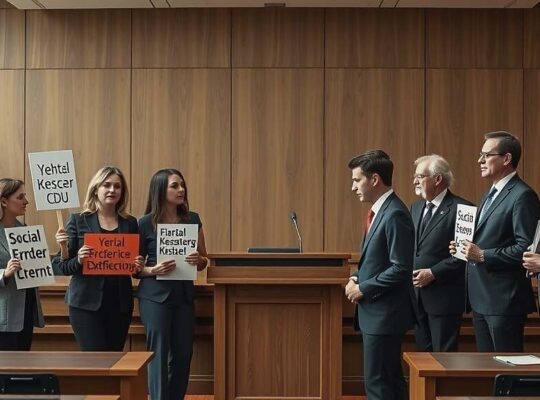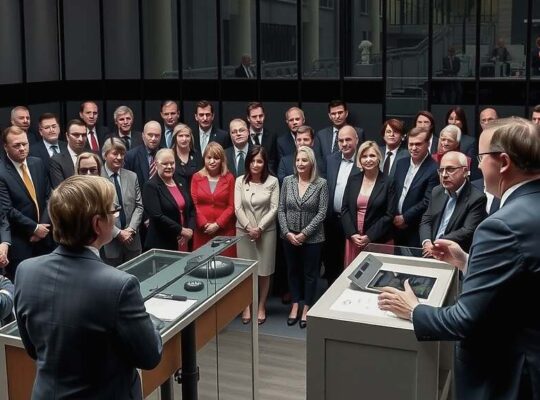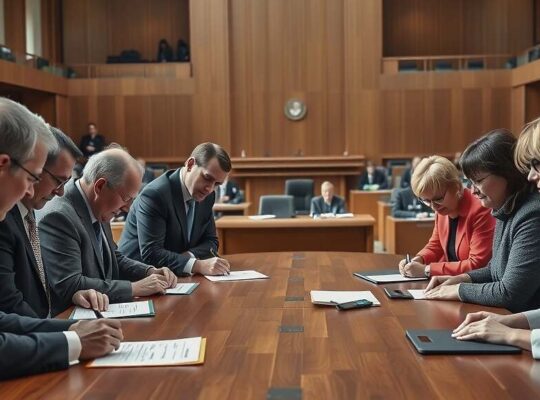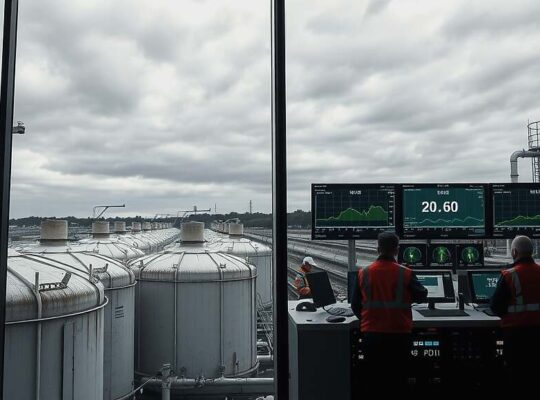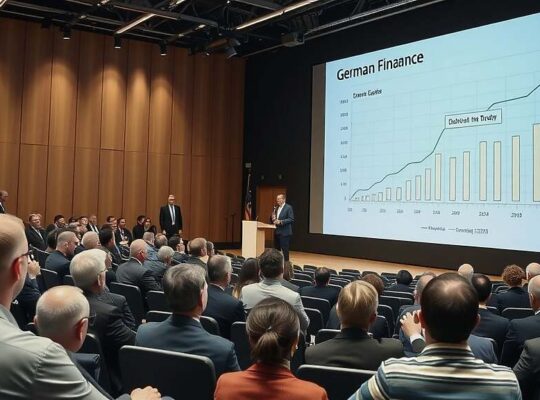The German government is facing intense pressure to revise its contentious heating law, with Housing Minister Verena Hubertz (SPD) issuing a stark warning against any significant rollbacks of its core objectives. In an interview with Funke-Mediengruppe, Hubertz emphasized the imperative of achieving climate targets, stating that Germany lags considerably in building sector decarbonization. She quickly added, however, that the legislation shouldn’t be perceived as exclusively promoting heat pumps, clarifying it as “not a heat pump law” and asserting that it offers a range of compliance options.
Hubertz, alongside Economics Minister Katarina Reiche (CDU), is spearheading a comprehensive overhaul of the law, acknowledging its current form is deeply flawed. “We will recreate it” she asserted, criticizing the legislation’s lack of technological openness and practical feasibility. Concerns have been raised about the current draft’s ambiguous wording, rendering certain clauses incomprehensible.
The revisions are also focusing on the efficacy of existing subsidy structures. While acknowledging concerns about the allocation of subsidies – particularly for heat pump installations – Hubertz stressed that inflated costs are attributable not solely to government action, but also involve regulatory standards and intrinsic market dynamics. A critical examination of these factors is expected to inform the revised approach.
The impetus for these changes stems partly from the upcoming European building directive, which mandates an increase in renovation rates across the EU. To meet this challenge, Hubertz is advocating for a focus on “serial renovation” – a modular, standardized approach – and the broader adoption of “neighborhood-based solutions” recognizing that the viability of individual public building renovations is often limited. This shift highlights a move towards a more pragmatic and scalable strategy, but also raises questions about the potential impact on smaller construction firms and the potential for neglecting unique architectural heritage in favor of efficiency. The political maneuvering surrounding the reform suggests a delicate balancing act between ambitious climate goals and the reality of economic constraints and public acceptance.





